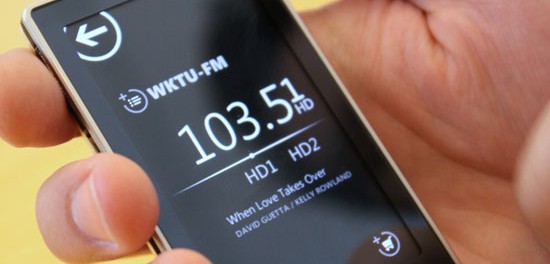I suspect you’re not reading this on your Zune.
Why not? Because the Zune failed. That the Zune failed in spite of backing by one of the world’s most powerful companies should give us pause when we think about “corporate power.” Products succeed and fail, ultimately, because consumers vote for them or against them with their hard-earned dollars. The Zune is just one of many products consumers have voted out of the marketplace over the objections of corporate boards of directors.
Consider what happened with soft drinks in the 1980s and 1990s. In the 1980s, Coca-Cola introduced New Coke, which they had reformulated based on extensive market research. It was one of the greatest marketing disasters in American business history, and the company corrected its mistake by reintroducing the old formula as Coca-Cola Classic.
In the 1980s, Pepsi introduced Crystal Pepsi. I was sort of captivated by it: a clear cola that totally wasn’t like Slice or Sprite or now Sierra Mist? Mind-blowing. Now all that remains of Crystal Pepsi is a suite of memories set to the tune of Van Halen’s “Right Now.”
There’s a McDonald’s song that starts “Big Mac, McDLT, a Quarter Pounder with some Cheese…” McDLT? Come again? If you remember getting one of these, they came in a two-sided container with the lettuce and tomato—the “LT”—on their own side, presumably for freshness. Now again all that remains of the McDLT is a memory and jingle—and probably some vintage containers and toys you can get on eBay.
When people think “corporate power,” they think about companies like Microsoft, Coca-Cola, Pepsi, and McDonald’s. If they produce such spectacular failures, perhaps we overestimate the extent to which corporations have “power.”
